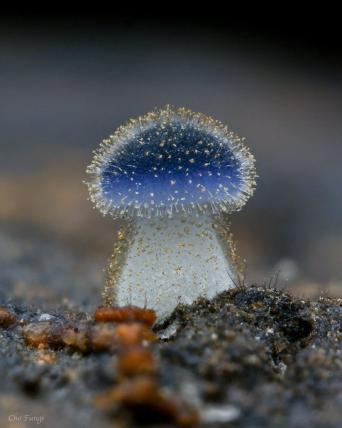This year-long seminar was structured around the idea of the Anthropocene and how this concept challenges us to rethink our basic humanistic values: the centrality of speech for human expression, rational thought, the ability to reason and communicate, the demand for freedom, democracy, justice and human rights, and the creation of cultural expressions based on enlightenment values. Seminar participants critically examined the literature and culture of humanism on select examples drawn from the Western tradition and compared them with contemporary environmental conditions that emphasize the need to rethink human exceptionalism and emphasize relationality and precarity.
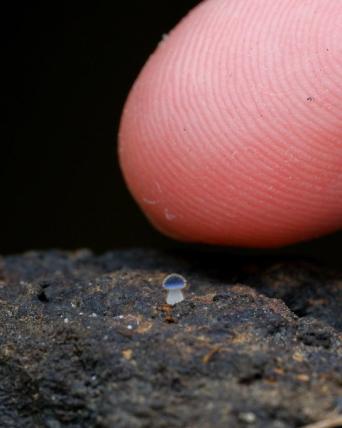
Bi-weekly discussions of select readings and project presentations constituted the base for intense exchanges. We also met with visitors whose work we read in advance.
In Fall, Jason Groves led the group discussions while I was away in Tübingen on a fellowship. They examined Anna Tsing’s The Mushroom at the End of the World, debated Bakhtin’s Discourse in the Novel / Dialogical Imagination and visited the Burke Museum with David Giblin, Herbarium collections manager.
In Winter, we polished our knowledge of the Classics by reading Hesiod’s Works and Days and Vergil’s Eclogues. From there it was just a stone’s throw away to discussing
Joyelle McSweeney’s concept of The Necropastoral: Poetry, Media, Occults. Following the discussion on Bakhtin, we examined Hannah Arendt’s The Origins of Totalitarianism, and enjoyed a visit with Heather Sullivan debating her concept of “the dark green” on Zoom.
In Spring, we started off again on the Classics with Hippocrates’ Airs, Waters, and Places and from there transitioned into disability studies with a discussion of Sanuara Taylor’s Beasts of Burden: Animal and Disability Liberation and Marilyn Cooper’s The Animal Who Writes. Evan Thompson’s philosophical deliberations of Mind in Life were followed by a visit to the SAM American Art Collection with Erica Katayama.
I am extremely grateful for getting to know these students and learning about their passions. The Hanauer Seminar was one of the best experiences I could have had as an educator. I’ll definitely miss it!
Best, Sabine Wilke
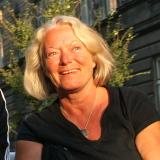
Please read the student testimonials below to hear from their perspective.
Or Vallah is a Ph.D. Candidate in the Art History Division and a fellow in the Disability Studies Graduate Certificate Program.
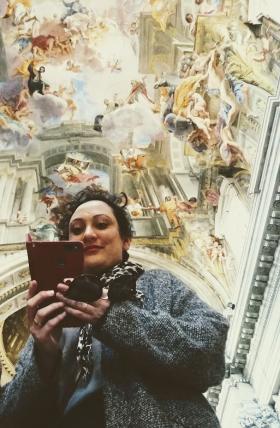
Or’s intersectional study of early modern notions of art-making through the lenses of disability explores the corporeality of early modern artists who worked in central Italy recenter the artists’ bodies to reveal their role in constituting their identities and bridge the dualism between disabled and non-disabled experiences. She argues that focusing on the artists’ embodied experiences will produce new knowledge about the profession of art as an identity and about art-making as a process not merely of creating but of becoming. Discussing with her peers in the Hanauer Seminar ideas of performativity, the relation between nature and the human body, and the link between morality and human relation with nature helped her situate her research in a broader historical and cultural context.
Jake Pruett
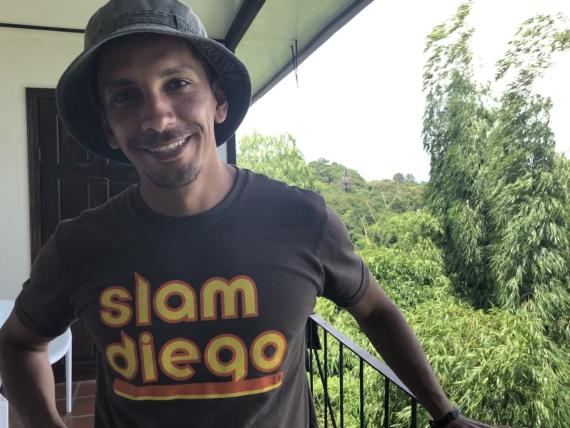
I am a Ph.D. student in the English Department, in the Language, Literature, and Culture track. My dissertation project is located at the intersection of cognitive science, and its recent turn towards embodied forms of knowing; ecology and Earth System Science; and contemporary literature, particularly experimental novels and speculative genres that deal explicitly with ecology and with neuroscience.
The readings in the Hanauer seminar this year have covered a huge range of topics: works like Anna Tsing’s Mushroom at the End of the World and Bruce Clarke’s Gaian Systems speak directly to the “Anthropocene” focus of the seminar, while others, such as Bakhtin’s Discourse in the Novel and Arendt’s The Origins of Totalitarianism have expanded our discussions of ecological and environmental modes of thinking to include politics, ideology, and sociolinguistics. Last but not least, our contingent of Classicists—whose selections such as Hesiod’s Works and Days and Virgil’s Ecologues—have demonstrated just how deeply these environmental and ecological themes extend in the Western tradition.
The Hanauer seminar has easily been one of my best experiences at UW. By combining disparate disciplinary practices and investments—not to mention each fellow’s budding or established research projects—under the banner of the “Anthropocene,” the seminar has enabled very thought-provoking, dynamic conversations that I would not have found in any other context. I’m very grateful to my fellows, Jason, and Sabine for their expertise, curiosity, and kindness!
Biljana Konatar is a Ph.D. Candidate in the Department of Slavic Languages and Literatures. She does research in the fields of sociolinguistics and linguistic anthropology, and, in her dissertation, she examines the power of language policy in Montenegro. More specifically, she investigates the link between personal and linguosociopolitical attitudes and identities of the people who are affected by the language policy most directly. She is utilizing both quantitative and qualitative research methods to bring to light and analyze the role language plays in the construction and negotiation of social power.
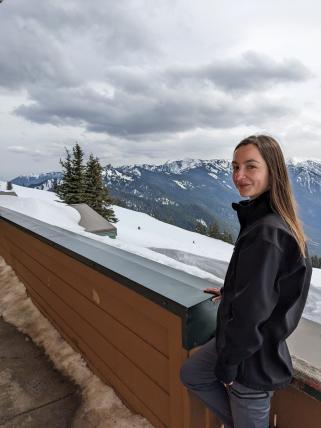
Biljana has found the interdisciplinarity of the Hanauer Seminar invaluable both for her academic and personal developments. Discussing Mikhail Bakhtin’s concepts of heteroglossia and polyphony with the group has been extremely useful for her dissertation data interpretation and analysis as everyone shared their perspectives and understanding of the matter, while at the same time connecting it to their fields of study, thus offering valuable insights and inspiration for Biljana’s project. Moreover, exploring the centrality of speech for human expression, the demand for human rights, and the idea of the Anthropocene in general through classical and contemporary texts with the group was enriching as it has allowed everyone to critically reflect on the state of democracy and environmental conditions in today’s world. The seminar brought a sense of cross-disciplinary togetherness and Biljana will cherish the connections made with her peers in the years to come.
Hannah Bradley Kondo is a second year Master student in German Studies at University of Washington. Broadly interested in ecocriticism and 20th -21st century literature, Hannah analyzed for their Master’s paper a contemporary German poem in dialogue with Mediterranean ecocriticism.
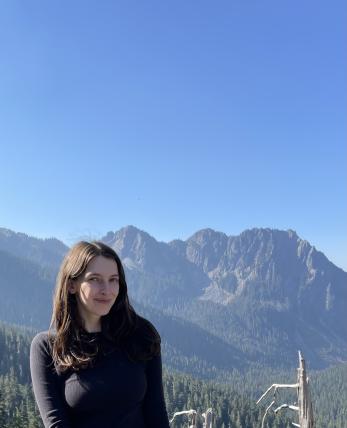
Hannah found the Hanauer seminar an enriching experience, particularly due to the interdisciplinary conversations it fostered. In the winter quarter they were excited to facilitate a visit from Professor Heather Sullivan from Trinity University where she spoke with participants about her current project “The Dark Green: Plants, People, and Power.”
Jonathan Clark is a PhD student in the Classics department at the University of Washington. His research interests lie broadly in Latin poetry, historical linguistics, and gender and sexuality in antiquity.
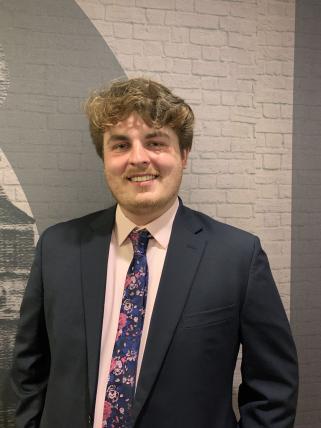
He was excited to share his fondness for ancient pastoral poetry with a discussion of Vergil’s Eclogues, and has found participation in the seminar to be deeply rewarding. Currently he is at work on a new project investigating elements of ecohorror in the Latin love elegist Propertius, inspired by readings from and a meeting with Dr. Heather Sullivan and her focus on plant-human hybridity.
